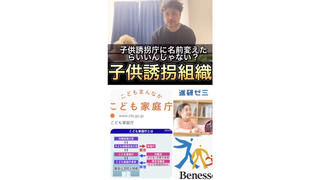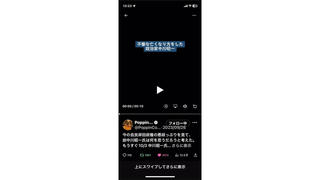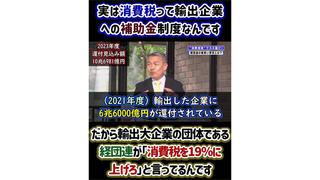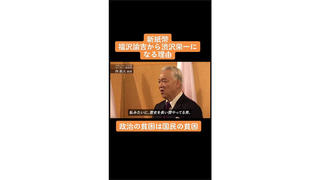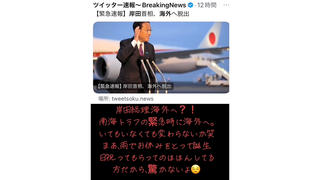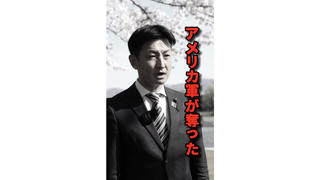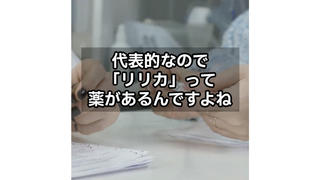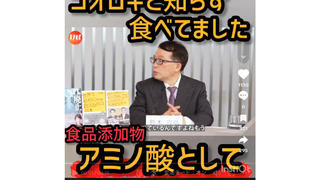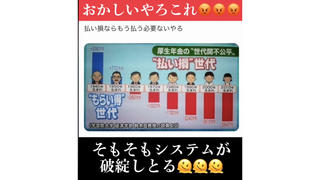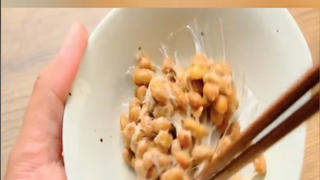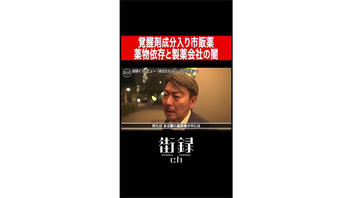
Do pharmaceutical companies add caffeine or other ingredients that make it difficult for people to stop taking drugs such as Loxonin? No, that's not true: Pain reliever Loxonin contains about the same amount of caffeine as a cup of coffee. Caffeine is included in Loxonin because it has the effect of suppressing pain, and is not added to increase the number of "addicts."
The claim appeared on a TikTok video (archived here) published on November 27, 2023, under the title "Over-the-counter drugs containing stimulant ingredients: Drug addiction and the dark side of pharmaceutical companies."
The first 10 seconds of the video, translated from Japanese to English by Lead Stories staff, opened:
For example, some cold medicines contain stimulants, others, such as Loxonin, contain caffeine or other ingredients that make it difficult to quit, and manufacturers add things that make you feel like you can keep taking over-the-counter medicines forever.
This is what the post looked like on TikTok at the time of writing:
(Source: TikTok screenshot taken on Thu Nov 30 01:43:33 2023 UTC)
According to the Japanese National Center of Neurology and Psychiatry, one cup of coffee contains 60mg of caffeine.
Loxonin (loxoprofen sodium hydrate), which is a common over-the-counter pain killer from Daiichi Sankyo used to treat headaches, contains 50mg of caffeine in two tablets (the recommended use is up to twice a day).
Coffee contains more caffeine than Loxonin. Also, most people drink coffee every day, but most people take painkillers only when they need them, presumably not every day.
Caffeine needs to be taken frequently to create an addiction, as described below.
the mechanism by which ingesting caffeine reduces the feeling of fatigue [...] but if caffeine enters the body frequently, the human body begins to respond to the caffeine and it becomes less effective.
When this happens, if you don't constantly consume caffeine, you will continue to feel sleepy, tired, and unable to concentrate.
These symptoms that occur when you stop consuming caffeine are called withdrawal symptoms.
The Japanese Headache Society explains the use of caffeine in headache medications as follows:
Caffeine and caffeine-containing drinks have been used for a long time to treat migraine attacks. In Japan, caffeine, anhydrous caffeine (0.1-0.3 g), and caffeine sodium benzoate (0.1-0.6 g) are approved as migraine treatments. It is used as a combination drug to improve the accompanying symptoms of migraine, such as drowsiness, fatigue, and decreased concentration, and to reduce the side effects and enhance the efficacy of migraine treatment drugs such as analgesics and ergotamine.



